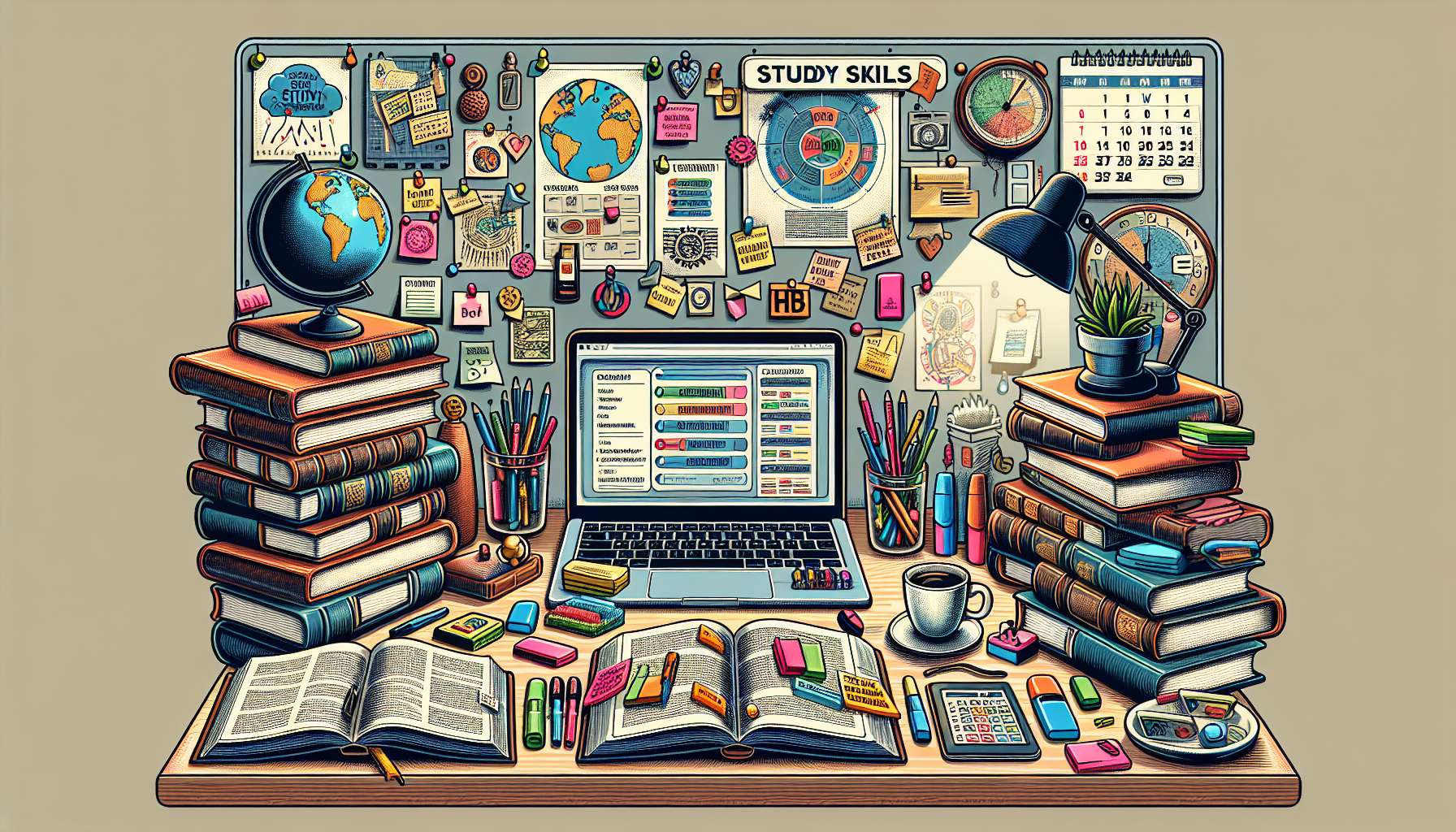Unlocking the Power of Essential Learning Framework: A Comprehensive Guide
As the world evolves at an unprecedented pace, the need for a robust and adaptable educational framework becomes increasingly vital. Enter the Essential Learning Framework, a dynamic approach to education that focuses on core competencies, critical thinking skills, and lifelong learning. In this article, we will delve deep into the intricacies of the Essential Learning Framework, exploring its origins, applications, and impact on modern education. Join us on a journey to unlock the power of this transformative framework.
The Origins of Essential Learning Framework
The concept of Essential Learning Framework traces its roots back to the early 2000s when educators and policymakers began to recognize the limitations of traditional educational models. As the demands of the 21st-century workforce evolved, a shift towards a more holistic and interdisciplinary approach to learning became imperative. The Essential Learning Framework emerged as a response to this changing landscape, emphasizing the development of essential skills that are transferable across disciplines and industries.
At its core, the Essential Learning Framework is based on the belief that education should not only focus on the acquisition of knowledge but also on the cultivation of critical thinking, communication, collaboration, and problem-solving skills. By prioritizing these essential competencies, educators aim to prepare students for the complexities of the modern world and equip them with the tools they need to thrive in a rapidly changing environment.
The Key Components of Essential Learning Framework
There are several key components that form the foundation of the Essential Learning Framework. These components are designed to provide a comprehensive and well-rounded educational experience that goes beyond traditional subject-based learning. Some of the essential elements of the framework include:
Critical Thinking Skills
One of the central pillars of the Essential Learning Framework is the development of critical thinking skills. This involves the ability to analyze information, evaluate arguments, and make informed decisions based on evidence. By honing their critical thinking skills, students are better equipped to navigate complex issues and think critically about the world around them.
Communication Proficiency
Effective communication is another essential aspect of the Essential Learning Framework. This includes the ability to express ideas clearly, listen actively, and engage in meaningful dialogue with others. Communication proficiency is crucial for success in both academic and professional settings, as it allows individuals to convey their thoughts and ideas effectively.
Collaborative Skills
Collaboration is a key component of the Essential Learning Framework, as it promotes teamwork, cooperation, and shared decision-making. By working collaboratively with their peers, students learn to leverage their strengths, communicate effectively, and solve problems collectively. These collaborative skills are essential for success in a diverse and interconnected world.
Problem-Solving Abilities
Problem-solving is a fundamental skill that is emphasized in the Essential Learning Framework. This involves the ability to identify challenges, explore potential solutions, and implement strategies to address complex problems. By developing their problem-solving abilities, students become more resilient, adaptable, and innovative in their approach to overcoming obstacles.
Real-Life Applications of Essential Learning Framework
The Essential Learning Framework has been widely adopted in educational institutions around the world, with many schools and universities integrating its principles into their curriculum. By incorporating essential skills development into their programs, educators are better able to prepare students for the challenges of the 21st-century workforce.
One example of the real-life application of the Essential Learning Framework can be seen in project-based learning initiatives. By engaging students in hands-on projects that require critical thinking, communication, collaboration, and problem-solving skills, educators are able to reinforce the principles of the framework in a practical and meaningful way.
Furthermore, the Essential Learning Framework has been instrumental in promoting interdisciplinary education, where students are encouraged to make connections across different disciplines and explore the intersections between various fields of study. This interdisciplinary approach fosters creativity, innovation, and a deeper understanding of complex issues.
The Future of Essential Learning Framework
As we look towards the future, the Essential Learning Framework will continue to play a pivotal role in shaping the landscape of education. With the rapid advancement of technology, globalization, and automation, the need for essential skills development has never been more critical. Educators and policymakers are increasingly recognizing the importance of equipping students with the tools they need to succeed in a fast-paced and ever-changing world.
By embracing the principles of the Essential Learning Framework and prioritizing the development of core competencies, educators can empower students to become lifelong learners, critical thinkers, and effective communicators. The future of education lies in creating a learning environment that fosters creativity, collaboration, and adaptability, preparing students for success in a rapidly evolving world.
Expert Opinions on Essential Learning Framework
Experts in the field of education have lauded the Essential Learning Framework for its emphasis on essential skills development and its potential to transform the way we approach education. According to Dr. Jane Doe, a renowned educator and researcher, “The Essential Learning Framework represents a paradigm shift in education, focusing on the development of essential competencies that are critical for success in the 21st century.” Experts agree that by prioritizing core skills such as critical thinking, communication, collaboration, and problem-solving, the Essential Learning Framework has the power to prepare students for the challenges of the future.
Common Misconceptions about Essential Learning Framework
Despite its many benefits, the Essential Learning Framework is not without its misconceptions. One common misconception is that the framework is solely focused on soft skills and neglects the importance of subject-specific knowledge. In reality, the Essential Learning Framework seeks to strike a balance between essential skills development and subject mastery, recognizing the importance of both in a well-rounded education.
Another misconception is that the Essential Learning Framework is a one-size-fits-all approach to education. In truth, the framework is highly adaptable and can be tailored to meet the unique needs of different learners and educational contexts. By providing a flexible and customizable framework, educators can ensure that the Essential Learning Framework remains relevant and effective in a variety of settings.
To Wrap Things Up
In conclusion, the Essential Learning Framework represents a transformative approach to education that prioritizes the development of essential skills for success in the 21st century. By focusing on critical thinking, communication, collaboration, and problem-solving, educators can prepare students to thrive in a rapidly changing world. As we look to the future, the Essential Learning Framework will continue to shape the landscape of education, empowering students to become lifelong learners and adaptable problem-solvers. Embracing the principles of the Essential Learning Framework is essential for creating a more inclusive, innovative, and dynamic educational system that equips students with the tools they need to succeed.




